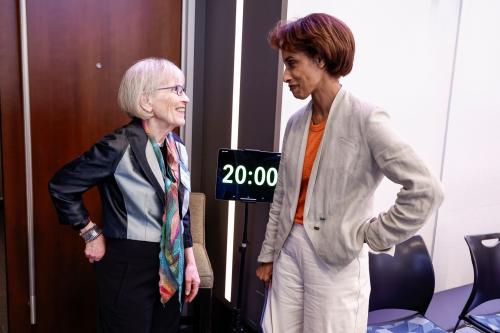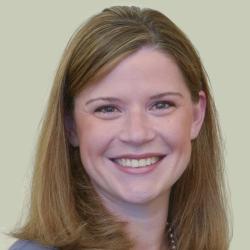

9:30 am EDT - 11:30 am EDT
Past Event
9:30 am - 11:30 am EDT
1775 Massachusetts Avenue N.W.
Washington, DC
20036
Many households approach retirement age with inadequate financial resources, but substantial equity in their residence along with a preference to remain in their homes. For these households, retirement planning presents the challenge of deciding between staying in their home or having sufficient income. In theory, reverse mortgages offer a solution whereby older homeowners can “age in place,” while also consuming their housing equity. Yet, despite their theoretical appeal, few Americans take out reverse mortgages—in part due to historical concerns about high fees and high foreclosure rates. Additionally, the program suffers from ongoing challenges over the cost, with several rounds of reforms implemented in the wake of the housing crisis.
On Monday, October 28, in conjunction with the Kellogg School of Management, Brookings featured a wide-ranging discussion on the pros and cons of reverse mortgages and proposals to improve the workings of this market. Debra Whitman of AARP delivered the keynote address, followed by paper presentations by Stephanie Moulton and Donald Haurin of Ohio State University and Thomas Davidoff of the University of British Columbia. After their presentations, Chris Mayer of Columbia and Laurie Goodman of the Urban Institute joined the authors for a panel discussion to explore how policies can contribute to retirement security. Martin Baily of Brookings and Ben Harris of the Kellogg School of Management released a framing paper on the topic and moderated the event.

Moderator

Panelist



Quinn Sanderson
July 9, 2024

Stuart M. Butler
May 23, 2024

Jack A. Smalligan
May 14, 2024